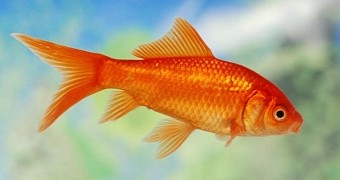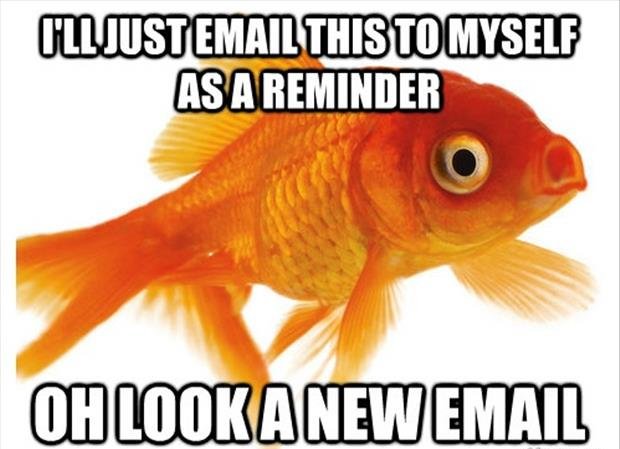According to a new study commissioned by tech giant Microsoft, we humans now have a shorter attention span than goldfish. Yup, the same goldfish that we like to make fun of on account of their not being the brainiest of creatures.
The research, which was carried out in Canada and entailed scanning the brains of a total of 112 volunteers, revealed that the average attention span dropped from 12 seconds in 2000 to just 8 seconds in 2013. By comparison, goldfish are said to have an average attention span of 9 seconds.
A shorter attention span means no longer being able to focus on a specific task, person or event for quite as long as we were able to until just a few years back. The culprit: recent advances in the field of technology, researchers say.
The scientists behind this investigation explain that, now that most of us walk around accompanied by all sorts of gadgets and gizmos, we are forever bombarded with new stimuli that we must react to. The result is that we are constantly distracted. In turn, this caused the drop in attention span.
On the bright side, it would appear that with this drop in attention span came an improvement in our ability to multitask. Thus, the same devices that ruined our ability to focus trained our brains to juggle with stimuli from multiple sources.
“Our research indicates that people's brains are adapting in response to their use of digital technology, causing an evolution of attention skills,” explained Owen Sagness, UK General Manager for Microsoft Advertising and Online.
Simply put, it might be that these days we can only stay focused for an average 8 seconds at a time, but at least we have evolved to notice and discriminate between an increased number of stimuli as compared to before.

 14 DAY TRIAL //
14 DAY TRIAL // 

